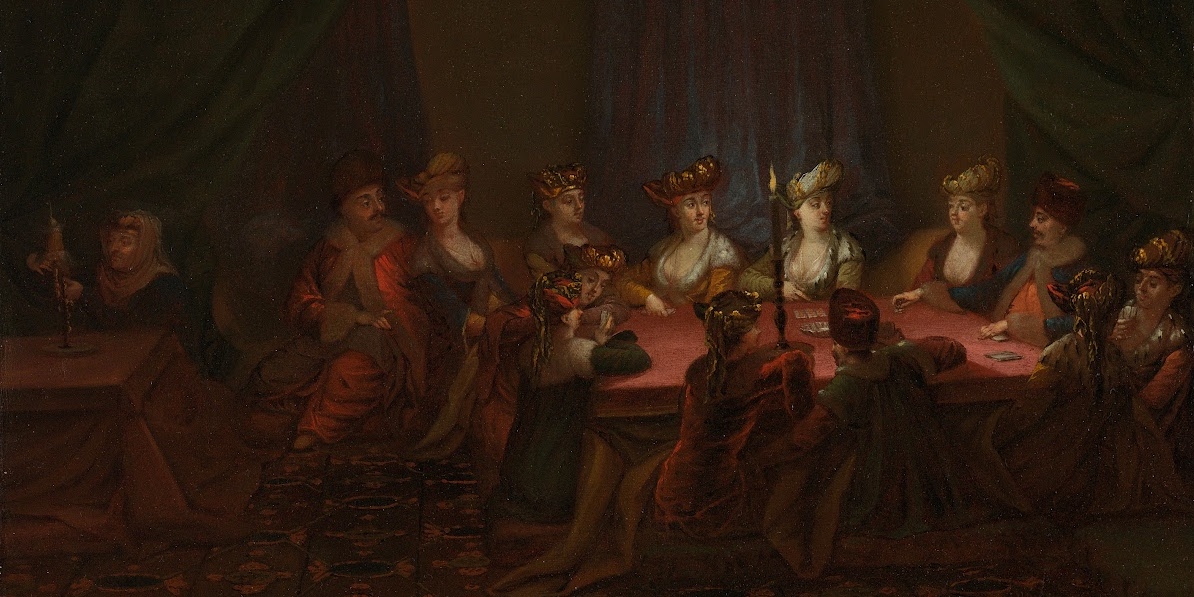Land and Labor in a Moroccan Oasis
hosted by Graham Cornwell
Pre-Saharan Morocco is a transitional space between the Atlas Mountains in the north and the Sahara in the south, and the oases of pre-Saharan Morocco have long been marked by local autonomy, diversity, and particularities of agriculture, property ownership, class, and race. In this episode, we talk to Karen Rignall about her research on land, labor, and social life in a Moroccan oasis and discuss socioeconomic change in rural morocco through the lens of agricultural production in the transitional environments and political economies of the pre-Sahara.
Cross-posted with tajine
Stream via SoundCloud
PARTICIPANT BIOS
 |
Karen Rignall is assistant professor in the Community and Leadership Development Department of the University of Kentucky’s College of Agriculture, Food and Environment. A cultural anthropologist by training, her work addresses land rights, the practice of farming, and the governance of social life. She is currently completing a book manuscript provisionally entitled “An Elusive Common: Land, Labor and Belonging in a Moroccan Oasis.”
|
 |
Graham H. Cornwell is a Ph.D. Candidate in History at Georgetown University. His work examines the history of tea and sugar consumption in Northwest Africa in the nineteenth and twentieth centuries. He is also the editor of tajine, a podcast and blog about North African Studies.
|
CREDITS
Episode No. 287
Release Date: 7 December 2016
Recording Location: University of Kentucky
Editing and production by Chris Gratien
Sound excerpts: from archive.org Baglamamin Dugumu - Necmiye Ararat and Muzaffer; Harmandali - Recep Efendi, Cemal Efendi; from Excavated Shellac - Hocine Slaoui – Yal Cahla; Lili Labassi - Mazal Haye Mazal
Images and bibliography courtesy of Karen Rignall
IMAGES
 |
| Land enclosures in the Mgoun Valley, Morocco © Karen Rignall |
 |
| Preparing the soil for the winter season, Al Harte © Karen Rignall |
Crawford, David L. 2008. Moroccan Households in the World Economy: Labor and Inequality in a Berber Village. Baton Rouge: Louisiana State University Press.
Davis, Diana K. 2006. "Neoliberalism, Environmentalism and Agricultural Restructuring in Morocco." Geographical Journal 172(2):88-105.
Davis, Diana K. 2007. Resurrecting the Granary of Rome: Environmental History and French Colonial Expansion in North Africa. Athens: Ohio University Press.
de Haas, Hein.2006. "Migration, Remittances and Regional Development in Southern Morocco." Geoforum 37(4):565-580.
Geschiere, Peter. 2009. The Perils of Belonging: Autochthony, Citizenship, and Exclusion in Africa and Europe. Chicago: Chicago University Press.
Guyer, Jane I. 2004. Marginal Gains: Monetary Transactions in Atlantic Africa. Chicago: University of Chicago Press.
Hoffman, Katherine. 2002. "Moving and Dwelling: Building the Moroccan Ashelhi Homeland." American Ethnologist 29(4):928-962.
Ilahiane, Hsain. 2001. "The Social Mobility of the Haratine and the Re-working of Bourdieu’s Habitus on the Saharan Frontier, Morocco." American Anthropologist 103(2):380-394.
Li, Tania Murray Li.. 2014. Land’s End: Capitalist Relations on an Indigenous Frontier. Durham: Duke University Press.
McMichael, Philip. 2008. "Peasants Make Their Own History, but Not Just as they Please…." Journal of Agrarian Change 8(2-3):205-228.
Rignall, Karen. 2015. “Land and the Politics of Custom in a Moroccan Oasis Town.” Anthropological Quarterly, 88(4): 941-968.
Rignall, Karen. 2016. “The Labor of Agrodiversity in a Moroccan Oasis.” The Journal of Peasant Studies, 43(3):711-730.
Rignall, Karen. 2016. “Solar Power, State Power, and the Politics of Energy Transition in Pre-Saharan Morocco.” Environment and Planning A, 48:540-557.
Smith, Neil. 2008 [1984]. Uneven Development: Nature, Capital, and the Production of Space. Athens, GA: The University of Georgia Press.
Silverstein, Paul A. 2015. "The Diaspora and the Cemetery: Emigration and Social Transformation in a Moroccan Oasis Community.” Journal of North African Studies 20(1):92-108.
Van der Ploeg, J. 2010. "The Peasantries of the Twenty-First Century: The Commoditisation Debate Revisited," The Journal of Peasant Studies, 37(1), 1-30.










Comments
Post a Comment
Due to an overwhelming amount of spam, we no longer read comments submitted to the blog.